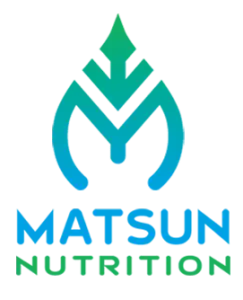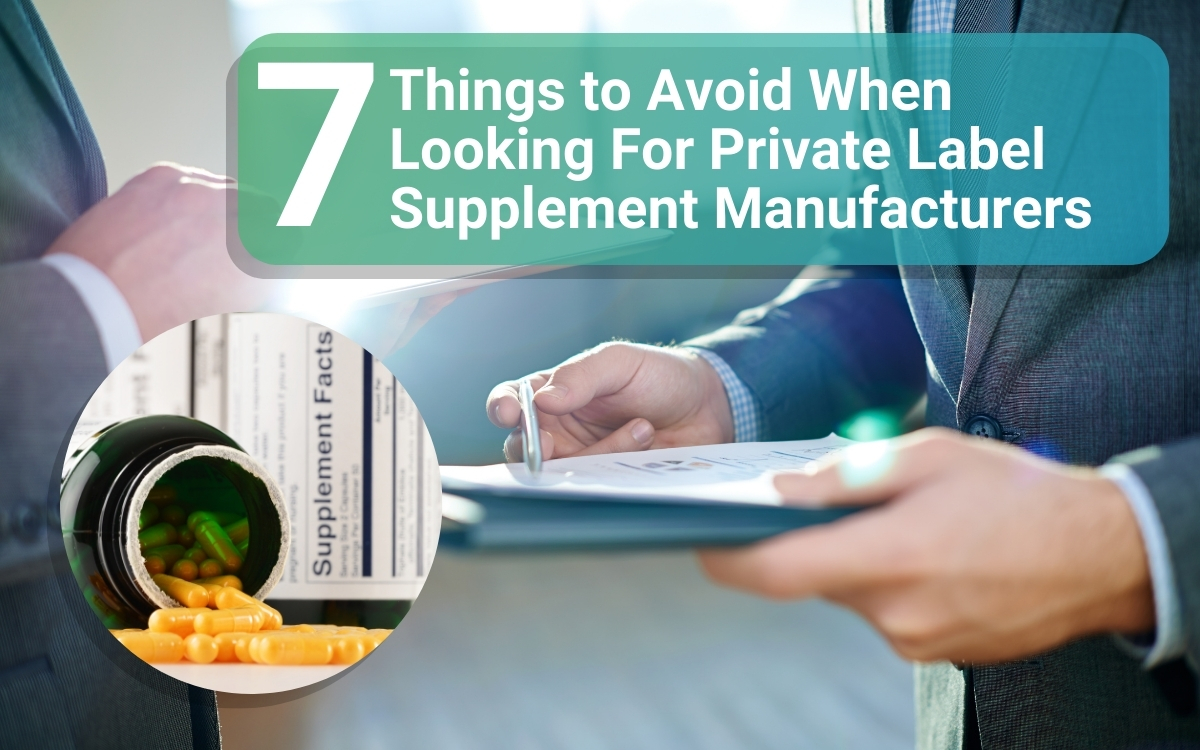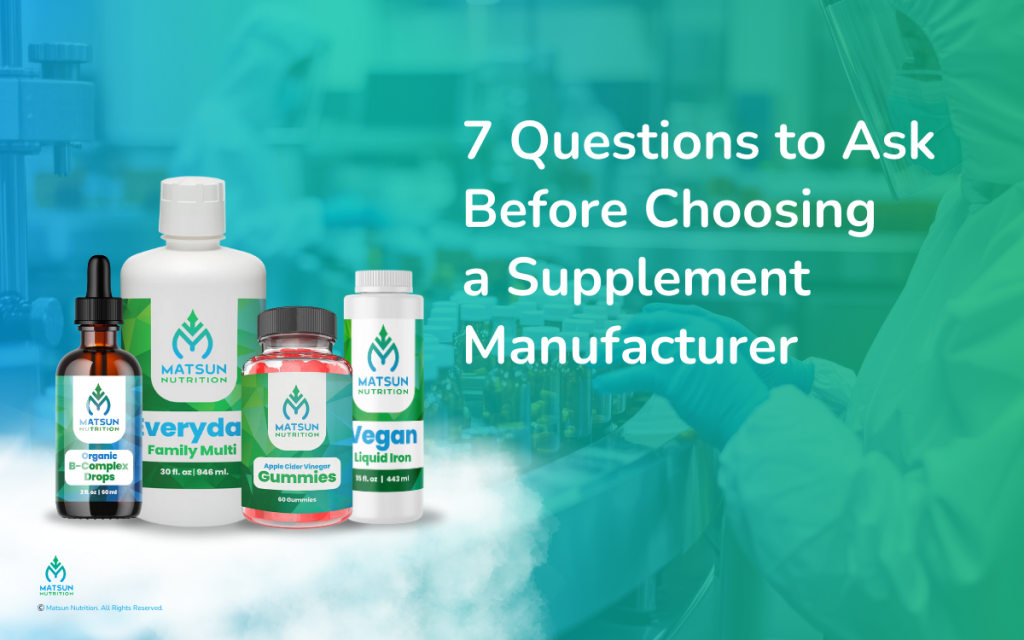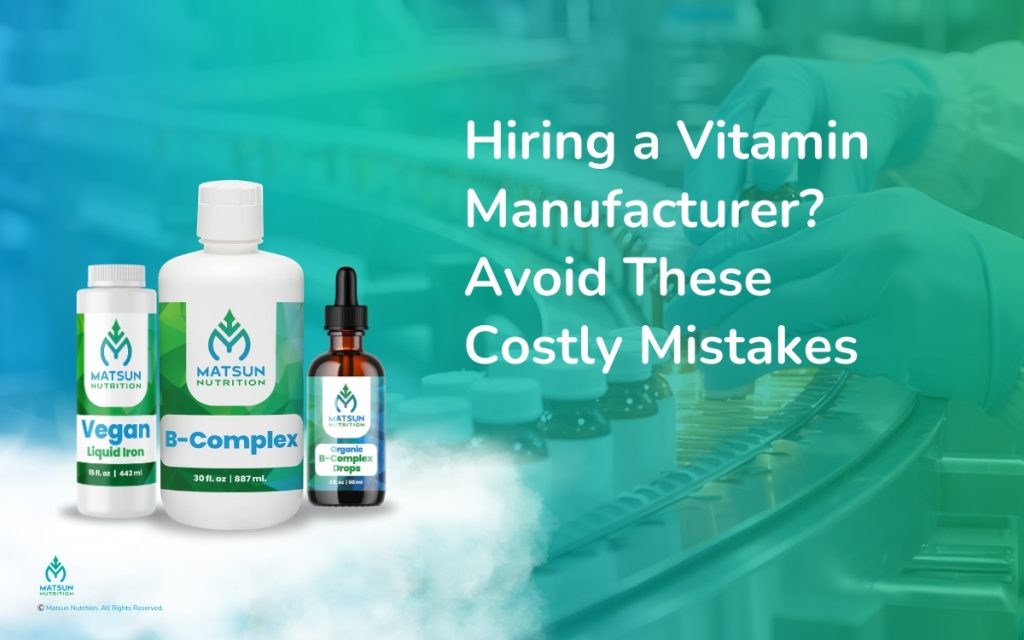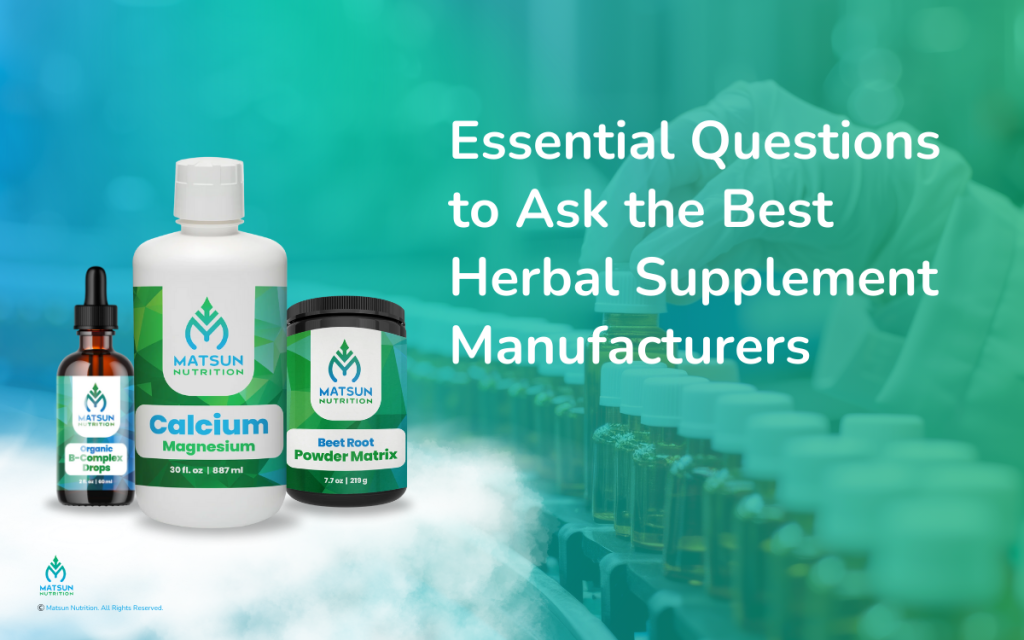Choosing the right private label supplement manufacturer is a critical step in building a successful supplement brand. With so many options available, it’s easy to overlook key factors that could impact your business’s growth and reputation.
In this blog, we’ll discuss seven common pitfalls to avoid when selecting a private label supplement manufacturer, ensuring you choose a reliable partner to meet your brand’s needs and drive success.

Pitfalls to Avoid When Choosing a Private Label Supplement Manufacturer
If you run a quick online search for the query ”best private label supplement manufacturer,” you will receive thousands of results. So, how can you separate the wheat from the chaff? When evaluating manufacturers, here are seven key pitfalls to avoid:
1. Lack of Transparency In Ingredients and Sourcing

Over 50% of consumers would pay more for a brand with transparent labeling. That means transparency can allow you to differentiate your brand and charge a premium for your products. Additionally, transparency can enable you to build trust and credibility with customers.
Steer clear of private label supplement manufacturers that aren’t transparent about where they source their ingredients and the ingredients they use in their formulas, as it may demonstrate a lack of commitment to ethical sourcing.
When assessing a private label manufacturer’s transparency in ingredients and sourcing, consider the following:
- Certifications: Accreditations like the Good Manufacturing Practices (GMP) or Fairtrade certifications can demonstrate a manufacturer’s commitment to ethical sourcing.
- Labeling: Detailed labeling with information about all ingredients used in a formula and their source can demonstrate a manufacturer’s commitment to transparency in ingredient sourcing.
2. Inadequate Quality Control Measures

Providing supplements that don’t meet quality control standards and regulations can result in hefty losses due to product recalls or even legal issues.
Avoid private label supplement manufacturers that don’t adhere to stringent quality control measures throughout production.
Here are some key factors to consider when evaluating a supplement manufacturer’s quality control measures:
- Facility: Reputable private label supplement manufacturers won’t hesitate to give you a tour of their manufacturing facilities to showcase the quality control measures they have in place. Select a manufacturer that’s open to showcasing their manufacturing facility.
- Reviews and references: Check what past customers have said regarding the safety and effectiveness of the manufacturer’s products by reading reviews on third-party review websites or asking for references.
3. Poor Communication and Customer Service

Smooth communication is vital to a successful relationship with your chosen private label supplement manufacturer. Avoid manufacturers with poor communication and customer support.
When assessing communication and customer service, here’s what to consider:
- Responsiveness: As a supplement brand owner, you’ll likely encounter issues every so often. Look for a manufacturer that responds quickly and comprehensively when you experience problems.
- Transparency: Choose a manufacturer that regularly keeps you posted on the progress of your orders and even issues encountered during manufacturing, such as challenges sourcing rare ingredients.
- Channels: Select a manufacturer available on various communication channels, such as phone, email, live chat and social media.
4. Limited Manufacturing Capacity

Different supplement manufacturers have different manufacturing capacities. While some can handle large orders, others can’t. Look for a manufacturer with flexible minimum order quantity (MOQ) requirements, especially if you’re just starting out. However, choose a manufacturer that can scale production as your brand grows and consumer demand increases.
Additionally, choose a manufacturer that can produce various supplement forms such as powders, liquids, tablets, capsules, and soft gels.
Finally, select a manufacturer that can create the supplements in your niche. For instance, if you’re targeting athletes, choose a manufacturer with experience producing performance-enhancing supplements at scale.
5. Hidden Fees and Unclear Pricing Structures

Avoid private label manufacturers that don’t provide detailed pricing information, as it can result in unexpected costs in the future.
Here are some key considerations to consider when evaluating pricing:
- Production costs: Obtain comprehensive pricing information about the private label supplement manufacturer’s production costs, including product formulation, labeling, and packaging.
- Shipping costs: Inquire about shipping costs, as some manufacturers charge a premium, particularly for express shipping.
- Pricing terms: Different manufacturers offer different pricing structures. Inquire about the manufacturer’s pricing terms. For instance, while some manufacturers offer dynamic pricing based on product demand, others add a fixed amount to the cost of producing a single unit to determine the product’s price.
Also, ask about additional costs if you want to provide a custom formulation, as manufacturing one might come with other costs, such as extra testing or sourcing rare ingredients.
Finally, don’t hesitate to negotiate better rates and flexible payment terms. For instance, if you’re making a bulk order, ask if you can make payments in installments to ease your cash flow.
6. Unreliable Shipping and Timely Delivery

Speed is of the essence in the supplements industry as consumer tastes, preferences, and industry trends change rapidly. Delays can lead to missed opportunities and erode customers’ trust in your brand. If you want to keep up with other brands in the industry, you can’t afford to partner with a private label manufacturer with unreliable shipping and slow lead times.
When assessing different suppliers, ask them about their shipping and logistics providers. Reputable manufacturers usually work with reliable shipping and logistics companies with various shipping options.
Additionally, ask about the average turnaround time on orders. Doing so can ensure you consistently provide your customers with your products and avoid stockouts.
7. Lack of Regulatory Compliance and Certification

All US-based private label supplement manufacturers must comply with the US Food and Drug Administration (FDA) regulations and Good Manufacturing Practices (GMP) to guarantee the safety, efficacy, and purity of their products.
Avoid manufacturers that don’t adhere to FDA regulations, as partnering with them can lead to serious legal consequences.
That said, although the FDA regulates dietary supplements, it doesn’t test them before they get to the market. Instead, the FDA leaves this task to manufacturers. Choose manufacturers with third-party quality assurance certifications like the NSF or USP certifications, as they guarantee the safety and effectiveness of supplements.
Partner With a Reliable Private Label Supplement Manufacturer
Selecting a private label supplement manufacturer can feel daunting due to the numerous options available. But it doesn’t have to be. By avoiding these seven pitfalls, you can choose a company that prioritizes quality and customer satisfaction.
At Matsun Nutrition, we are committed to providing our clients high-quality services. Here’s why you should partner with us:
- Quality and compliance: Our manufacturing facility adheres to FDA quality and compliance requirements and Current Good Manufacturing Practices (cGMP).
- Flexible MOQs: We offer flexible MOQs starting at just 12 bottles.
- Free label designs: We offer free custom label designs created by our in-house professional designers.
- Quick turnaround times: We deliver products fast, often within just three days.
- Stellar customer service: We have a team of dedicated customer service representatives ready to answer your queries and concerns via email, call, or live chat.
- Product variety: We offer a wide selection of over 18 products.
- Training: We offer educational resources to help brands that partner with us sell on Amazon and start raking in profits.
- Research and Development: We conduct rigorous research and development, ensuring we provide high-quality supplements backed by scientific research.
Ready to start selling high-quality supplements that meet consumer’s needs and expectations?
Contact us today for more information about our private label supplement manufacturing services or to get a free quote.
Related Read:
Choosing the Best Private Label Protein Powder Manufacturer a Compressive Guide.
Frequently Asked Questions (FAQs)
Starting a supplement brand from scratch is a time-consuming and capital-intensive endeavor. Using their technical expertise and resources, private label supplement manufacturers can help you start your own branded supplement brand. This can enable you to enter the market easily, minimize production costs, and focus on the aspects of your business you're conversant with.
Lead times vary from one manufacturer to another depending on formula complexity, order size, and the manufacturer's production capacity. While some manufacturers can deliver products within a few days, others may take several weeks or months. Before settling for a manufacturer, discuss their lead times to ensure they meet your requirements.
Many private label supplement manufacturers offer other services that complement manufacturing, such as packaging, label design, product rendering, fulfillment, and marketing. If you want an all-in-one solution, consider the other services offered when evaluating manufacturers.
You can ascertain the quality and efficacy of the supplements produced by a private label supplement manufacturer by choosing a manufacturer that's compliant with FDA standards and regulations and Good Manufacturing Practices (GMP). Additionally, look for manufacturers with third-party quality assurance certifications like the NSF or USP certifications.
The minimum order quantity (MOQ) varies across manufacturers. While some manufacturers have high MOQs and only cater to large brands, others have low MOQs to cater to small brands. Look for a manufacturer that offers a low MOQ if you're starting a new brand or launching a new product.
